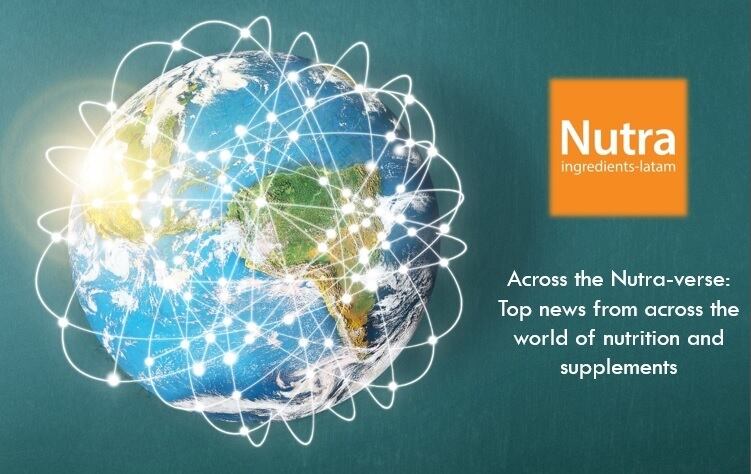USA
FDA’s Yiannas: ‘At the end of the day you’re not selling products, you’re selling trust’
Speaking at the recent Dietary Supplements Regulatory Summit in Washington, DC, Frank Yiannas, deputy commissioner for food policy and response at the Food and Drug Administration, said we are currently living amid a global trust bust.
“Consumers have lost trust in the institutions that have failed them, and this is an important responsibility for us,” he told summit attendees.
“When I look across this room, I think that this entire industry wins or loses together. Supplement safety isn’t a competitive issue.”
Yiannas stepped into Dr Stephen Ostroff’s role as deputy commissioner for food policy and response in January after Dr Ostroff’s retirement. Yiannas previously worked as VP of food safety at Walmart, and director of safety and health at Walt Disney World.
During his speech, Yiannas called for more industry cooperation: “If there’s a particular problem [with a product], some consumers will think that the problem is broader, not just from a specific brand.
“In fact, the surveys that I’ve done in the past years [suggest that] consumers tend to forget the brands pretty quickly. They remember category of product pretty long, and the thing that they remember the longest is country of origin. So it’s a sign that we have to work together.”
For more on this, please click HERE.
Europe
Nuritas explores nutritional means to fight muscle atrophy in AI-powered peptide pact
Ireland-based AI company Nuritas is partnering with Maastricht University in the Netherlands to discover nutritional interventions that can help preserve muscle mass and strength in later life.
The collaboration will reportedly harness a natural peptide network that may redress imbalances in muscle metabolism as it enters the clinical trial phase.
The peptide network is the result of an integrative Artificial Intelligence (AI) approach, which also includes in-silico predictions validated by Nuritas’ in-house laboratory and team of scientists.
The same technology was responsible for the discovery of bioactive peptides such as PeptAIde, an ingredient that was the culmination of a partnership between Nuritas and BASF formed back in January 2017. Nuritas has also announced partnerships with other heavyweights, such as food giants Nestlé and dietary supplements giant Pharmavite.
For more on this, please click HERE.
Europe/ Asia
DSM nutrition boss on why personalized nutrition ‘is the future’ for dietary supplements
In an exclusive interview with NutraIngredients-Asia, DSM’s Nutritional Product’s President and CEO Chris Goppelsroeder said that, while personalized nutrition is the future, a number of shortcomings have to be overcome first.
Goppelsroeder added that, at present, he didn’t believe anyone had yet found the optimal solution or product offering for personalized nutrition to fulfil its full consumer and public health potential.
“Today, there are a number of problems in that whole feedback loop, from the invasive taking of blood, to the long lead time for results, and what comes back from the lab sometimes looks like you need a PhD to understand it,” he said.
“The true realization of personalized nutrition is not yet out there, in terms of the right measurement, the right products and the right feedback that is useful for many people.
“We need to replace the 10 supplements you may take in the morning to something that is more targeted to the individual, has a better consumer feel to it and is linked to continual feedback – that is the new world.”
Goppelsroeder referenced a “Nespresso-style” capsule product that could offer a morning drink containing an individuals’ nutritional requirements.
“I could see that working well in the US, where the demand is consumer –driven, but perhaps less so in some other markets,” he added.





